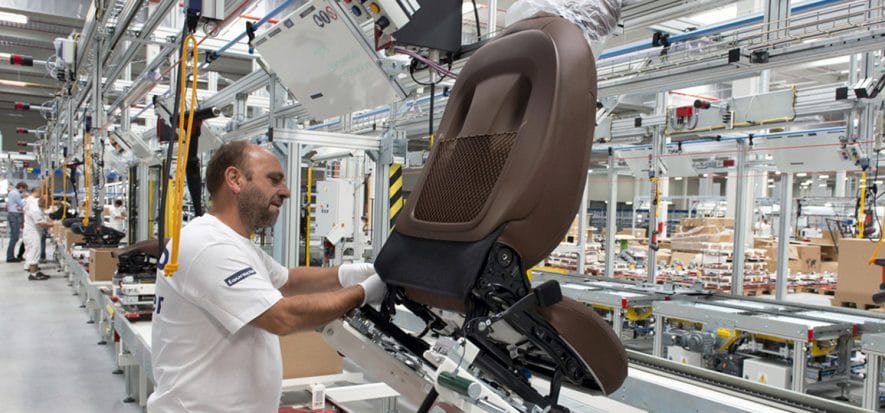The European automotive chain reopens. Plants have started producing once more, in almost all countries, beside Italy, where the government could authorize the reopening on April 27th. Brands have started producing again at lower speed, to ensure workers’ safety: newer ways to utilize the space are needed, in order to avoid contagion. But the automotive segment is moving slower for the broader effects of the Coronavirus pandemic.
Brands reopening slowly
Volkswagen and Audi reopened their plants in Hungary on April 14th. Hyunday reopened in the same week in the Czech Republic. Today Volvo reopens in Sweden and Belgium, while Renault had already reopened in Portugal and will soon do the same in Romania. Toyota announced its decision to reopen the two sites it has in France on April 22nd, while the 23rd will be the day for its Polish location. While the United States is still to define how to reopen plants, the industry starts opening its doors once mor ein the Old Continent. Brand, and the chain as a whole, are working once more. On April 16th, for example, multinational Magna Steyr has called its 2,000 employees back to work in the Graz plant (Austria), in order to supply Mercedes: it hadn’t happened in over a month. FCA and Ferrari, meanwhile, are already ready, but they are waiting for the go ahead by the Italian government.
The marketplace
The market’s context, ava sans dire, is negative. According to ACEA, the association of European constructors, sales in the month of March were down by 51.8% on yearly base, while the outcome for the first quarter of 2020 was of -26.3%. While companies and entrepreneurs call for measures to support demand, such as trading-ins and such, everybody is aware that the results for the month of April will have a very negative sign.
Safe and slow
Automotive manufacturers, reports the Financial Times, must be able to guarantee the safety of the workers. It’s not easy: “Closing is easy, but reopening is much more difficult – says Hakan Samuelson, CEO of Volvo -. The lockdown cannot be a long-term solution. We can’t afford to wait for the vaccine, we must learn to live and work in a safe way”. There is a fil rouge connecting brands’ strategies: whether production speed slows, so that workers can apply social distancing, or different work shifts, all of them accept the fact that productivity won’t be at 100%. A sacrifice that is in line with the market. “We have lost between 20% and 30% efficiency – says Tim Lawrence of PA Consulting to FT -, but as demand is down, production output must reflect that”.
Image from Faurecia’s archive
Read also:










